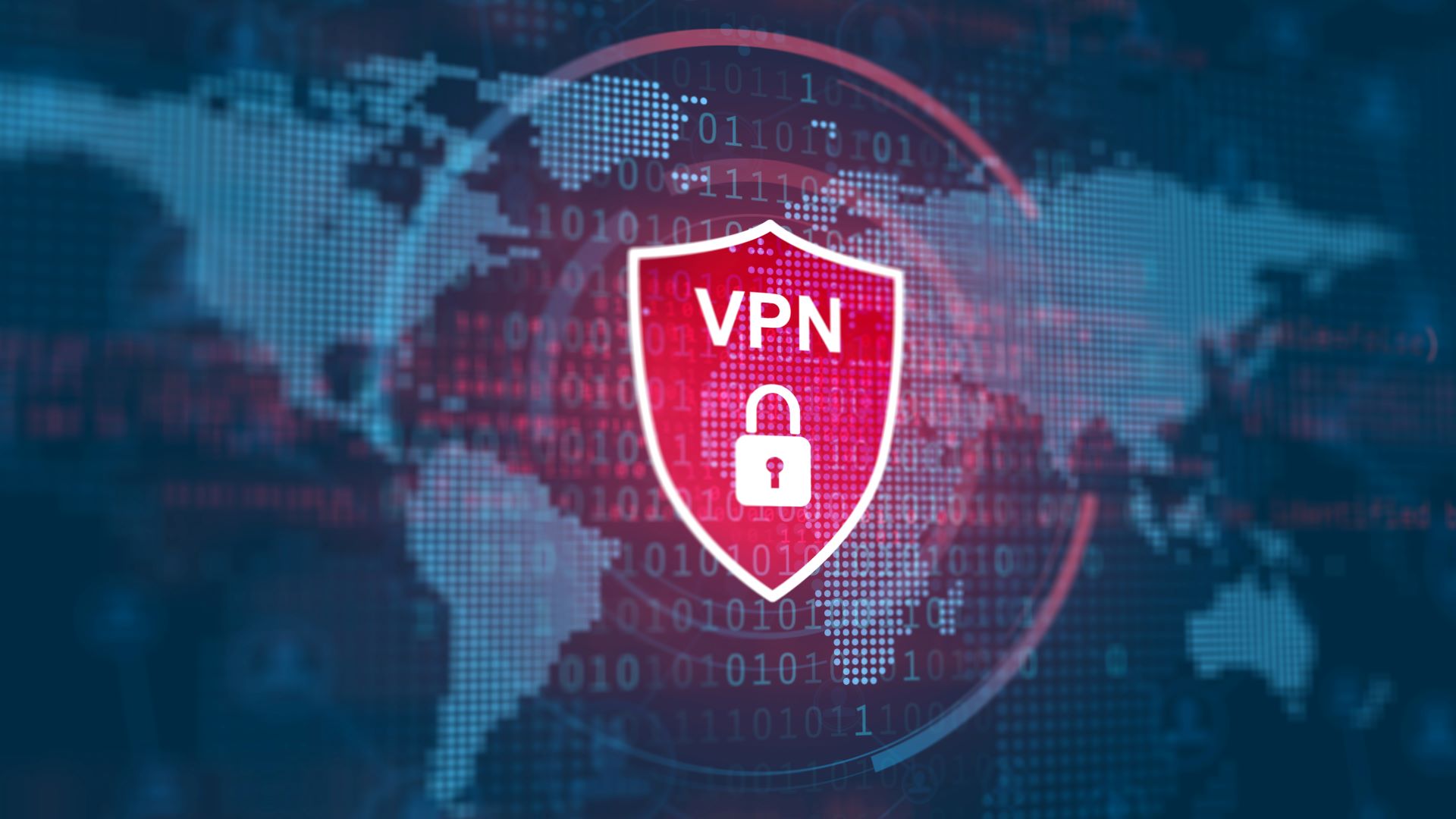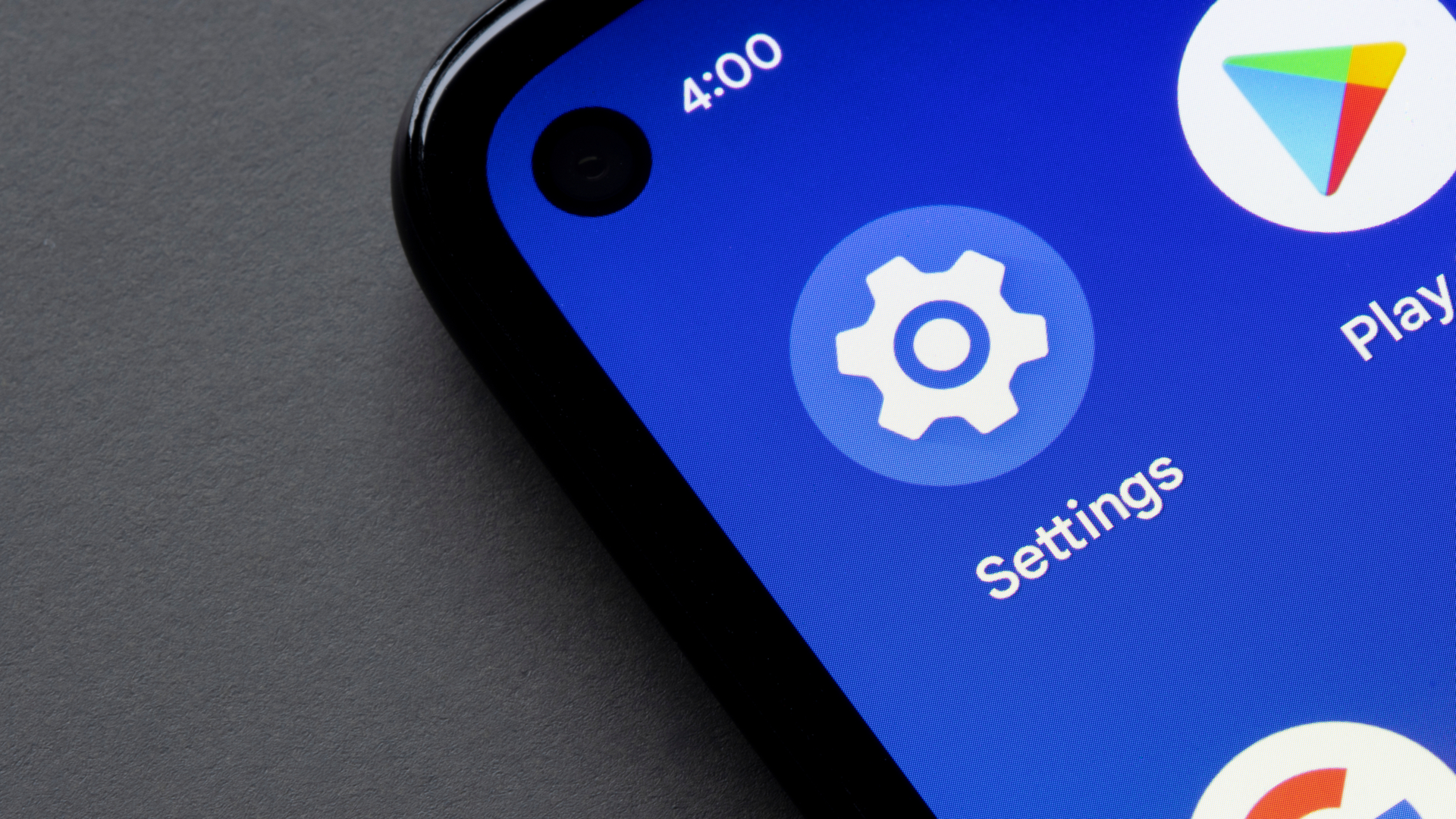
You’ve picked a new virtual private network to protect yourself online—great, or so you think. A few weeks down the line, you spot a competitor with better pricing, more features, and solid reviews. FOMO (fear of missing out) kicks in. What do you do?
Well, it’s always a good idea to always look at your options before you subscribe to a VPN, but that doesn’t mean the market is static. Things change. What you initially thought was the best VPN might look a bit different in a few months, and so might its competitors, but you’ll need to know what to watch out for.
In this guide, I’ll explain some key factors you should watch out for to help you decide when to change VPN providers.
The pricing is better elsewhere
You’ll want the best value for your money out of a VPN subscription. Luckily, the top VPN providers are all offering competitive deals and juicy discounts to entice new users. This is ramped up even further during certain times of the year, like Black Friday.
If you’re paying monthly, you’re not tied and you should be able to cancel and switch at any point to one of the cheapest VPN services. If you see a price drop from an alternative provider, and the circumstances are right, it makes sense to swap.
Don’t forget that some providers also offer money-back guarantees or free (or low-cost) trials, allowing you to test their services with minimal risk. You can check out a new provider, see if the service is better, and make the switch a permanent one.

You’ll see better security from a new VPN provider
Most users are looking for a VPN subscription to help boost their security. If you’re subscribed to a VPN that has security problems, then it failed. That’s when you should start seeking out one of the most secure VPNs as a replacement.
There are two big things you should watch out for. First, if your VPN has had a recent security breach and your personal data has been compromised, then it’s a no brainer and it’s time to switch.
The same applies to VPN providers that log your data. Without a no-logs policy, everything you’re doing can be logged and reported. Bigger providers will offer a no-logs policy and will, in some cases, confirm this with a third-party security audit.
You should also consider the security functionality that is in place. If your provider doesn’t use AES-256 encryption, ditch it. You should also consider the type of VPN protocol being used, with some providers providing their own with implied security benefits.

Connection speeds are slow
Don’t underestimate how important a fast (and stable) connection is. Everything you do online will be affected by the VPN server you choose to connect to, whether it’s streaming, gaming, or just casual web browsing, which is why you'll want the fastest VPN around. If you’re seeing too many spinning wheels or slow-loading pages, then the VPN servers you’re using might be too slow.
Look for a provider that offers a good number of servers across a wide variety of different locations. Big providers like NordVPN and ExpressVPN have thousands of servers to choose from—but don’t just take their word for it. You should test a provider out for yourself.
Try a few different servers and test out the speeds at different times of the day, trying out different tasks, to see if the speeds stay stable. Your use case will be specific and what might work for most users might not work for you. You can do this by taking advantage of VPN free trials or their money-back guarantees.

Better technology is available elsewhere
VPN technology is evolving and in the battle for supremacy, VPN providers will throw new and different features into the mix. That isn’t a bad thing, because if your current VPN is lagging behind, you might be missing out on the best new tech out there.
To start with, big-name providers offer their own modern VPN protocols, like Nord’s NordLynx and Lightway from ExpressVPN, which can offer speed and security enhancements over a more traditional OpenVPN connection. You might also see features like split tunnelling, multi-hop connectivity, and kill switches added as standard to your subscription.
Compare and contrast. If you’re missing features that take your protection up a notch, switching to an alternative VPN provider makes sense. You should also look at the user experience as a whole, checking out how easy the VPN clients are to use and whether the apps on offer work well on your phone.

There are superior bundles out there
It isn’t just features that VPNs battle over—it’s the bundles. VPN providers know that the best way to keep you hooked is to give you the full package and offer a fully-fledged security suite for everything. Why not couple a standard VPN with a password manager, some ad-blocking, secure cloud storage, and even cyber insurance?
This is where you can pick up more for less. If you’re already paying for a VPN, password manager, cloud storage, and other packages, you could potentially combine them into a single, lower cost with one provider.
These bundles will change regularly, so if you’re thinking about a swap, look at your options. There are plenty of secure VPNs out there that will protect you and your data without breaking the bank.







